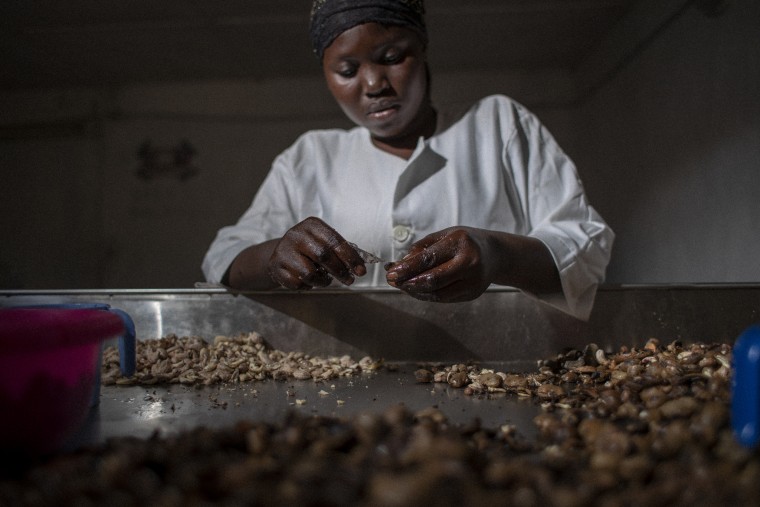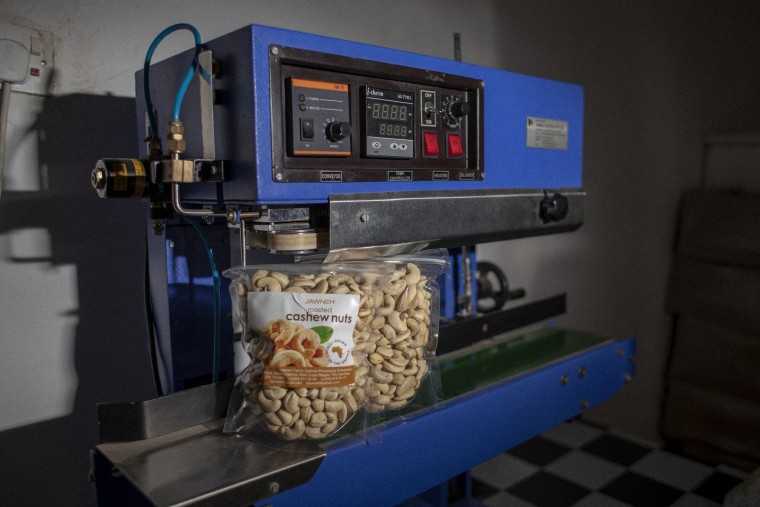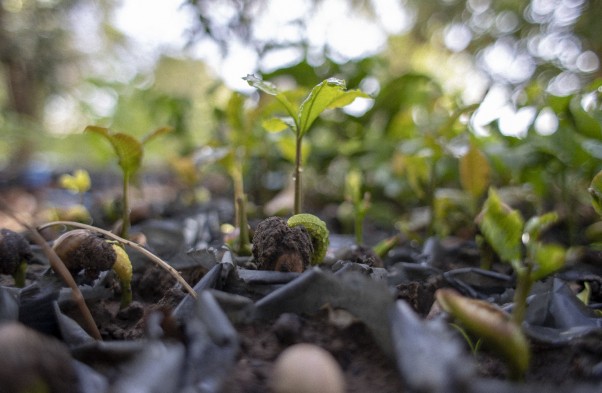
Working together with local stakeholders and development partners, EIF is supporting The Gambia to develop and implement a national trade strategy that aims to strengthen the country’s participation in regional and global markets.
Targeted strategic support in fisheries, aquaculture, agriculture, transportation, telecommunications and tourism is being provided with a strong emphasis on improved value chains, trade facilitation and women’s economic empowerment.


- The Enhanced Integrated Framework (EIF) funding has allowed The Gambia to pioneer the nexus between trade and climate change. The Government is developing its first Aid for Trade project to access trade-related climate finance, bringing The Gambia's Trade and Climate Ministers together to form a 2024-2030 trade policy update with a green focus.
- The EIF's projects with The Gambia provide an excellent example of government participation and coordination. Although its EIF projects are relatively small, the Government is actively involved right down to the beneficiary level.
- The Gambia is one of the few countries where the EIF has supported a trade-related infrastructure project, the Banjul International Airport cargo complex.
EIF worked to mainstream trade through the Programme for Accelerated Growth and Employment (PAGE), which is The Gambia’s development strategy and investment programme. Through the PAGE, the Government continues to maintain an open and liberal trading environment in order to better integrate the country into the global economy.
The programme is continuing to support the building of strong, sustainable institutions in the country by strengthening capacity to own and implement trade policy that contributes to pro-poor growth and extends to new international markets.
Exports are particularly important for economic development and poverty reduction in The Gambia because of the small size of the domestic market. To facilitate trade through improved infrastructure, a plan for Banjul International Airport Project was developed with the aim of enhancing trade at the airport by improving institutional arrangements, building human capacity and providing support services. As a result, transparent, secure and competitive airport services are now available to exporters and smallholder businesses in the horticulture, fisheries and tourism industries.
EIF's diversification efforts worked to reduce poverty by strengthening competitiveness and improving cashew nut, groundnut and sesame quality.
Results:
- 1300 farmers improved their ability to grow higher quality cashew nuts, groundnuts and sesame through the Farmer Field School.
- A Trade Information Resource Center was established to distribute real-time information on the international cashew market in the weekly Gambian Cashew Market Bulletins.
- 3 cashew processors adopted new packaging technologies (packaging machines, new consumer packages with Ziploc and informative labels with bar codes) that allow them to sell to local supermarkets and hotels.
- 7 companies successfully completed the Hazard Analysis and Critical Control Point (HACCP) implementation process, a preventative system to address food safety through the analysis and control of biological, chemical and physical hazards.
To improve the incomes of groundnut farmers through increased export values, EIF is working with the Government to employ Aflasafe to reduce aflatoxin contamination to levels that meet EU standards. One hundred tons of Aflasafe will be applied to 5,000 ha of groundnuts during the 2018-2019 planting season. Those groundnuts will be processed and exported to the EU, and when verified as aflatoxin free, the harvested groundnuts will be purchased from farmers with a 10% premium on the declared farm gate price.





